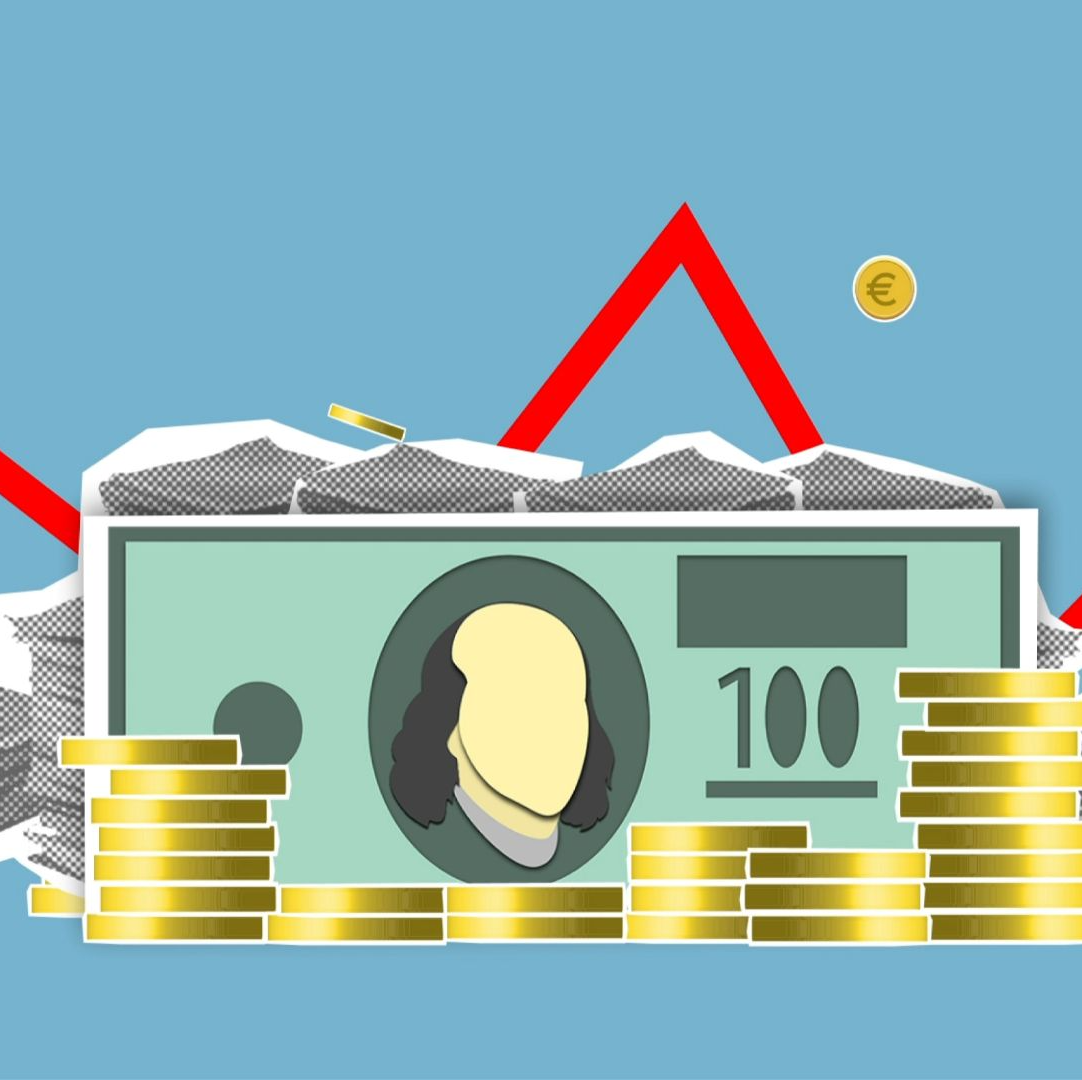Saving for retirement is not the same for everyone. Several factors, including your desired standard of living in retirement and the number of years you intend to remain in the workforce, will determine how much money you will need to save. However, a general rule suggests that you should try to save at least one year’s salary by age 30. You should have saved at least three times your annual salary by the time you’re 40. If you followed that advice, are in your 40s, and haven’t saved enough for retirement, you’re not alone. And it’s not too late to improve your financial situation. Here are some ideas to get you started on retirement planning today, so you don’t have regrets later. Establish Feasible Goals It can be easier to save money when you have a goal to work toward. In fact, according to a Charles Schwab poll, 78% of people with a financial plan can pay all of their monthly bills and save money, compared to 38% of those without a financial plan. Consider the age at which you want to retire, and then set a savings goal by that age. It is critical to be as realistic as possible. Retirement in your 50s with a million dollars may not be an option if you are 45 years old and have limited resources. The more feasible your goals are, the more likely you can meet them. To calculate your goals:
- Enter your information into a retirement calculator. This may estimate how much you should save each month until retirement age.
- Don’t be afraid to try out different numbers here.
- Examine how your results change if you, for example, delay retirement by one or two years or reduce the amount you expect to spend each year in retirement.
Building a financial strategy to reach attainable goals will be easier if you know what they include. Begin Saving Start now if you’re in your 40s and haven’t begun saving for retirement. If you believe you are falling behind your peers in retirement savings, the greatest first move is to begin. “Everyone has to start somewhere,” Herman (Tommy) Thompson Jr., a certified financial adviser with Innovative Financial Group, explained. “Set up a recurring funds transfer from your checking account to a mutual fund account.” Money in a checking account eventually finds its way out. Humans think about money in an investment differently than in a bank account. We find it more difficult to spend our investments. Check out these ideas to double your paycheck if you want to boost the amount you take home each month and make your money go further. First, save for yourself. Just as a flight attendant will advise you to put on your oxygen mask before assisting others in an emergency, a wise financial advisor will advise you to prioritize your own savings needs before investing in friends and family. “Prioritizing retirement savings generally means spending less elsewhere,” said Julia Vanzler, a private wealth advisor at SVB Private. “In this stage of life, college tuition is a major financial burden for many families.” It’s a lovely gift to be able to assist pay for college, but keep in mind that kids can borrow money for school; there are no retirement loans. First, save for retirement, and then see whether you have any extra funds to put toward education fees. According to Colin Exelby, president and founder of Celestial Wealth Management and a licensed financial advisor, saving enough money each month is critical. “Start with 10% of your after-tax income and work your way up to 18%.” Because everyone’s taxes differ, he prefers to use a percentage of after-tax income rather than gross income. In Conclusion This article provides a concise assessment of some key underlying ideas to ensure your retirement journey success. Understanding and putting the underlying details into practice will require time and effort. The processes mentioned above do not constitute a one-size-fits-all solution. Ideally, your financial advisor will be able to help you take into account everything that has to be done. Meanwhile, don’t be afraid to undertake your research by visiting websites such as the United States Social Security Administration, which offers vital information and calculators for retirement planning.
Contact Information:
Email: [email protected]
Phone: 2564383071













